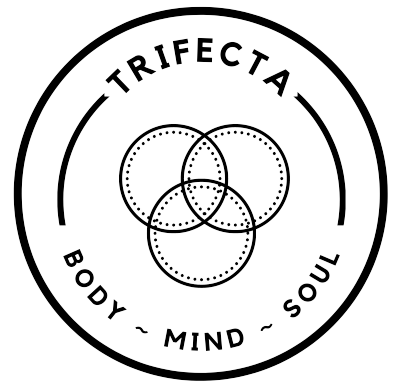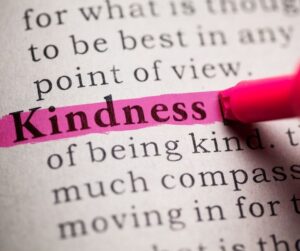Kindness and generosity are values that many of us strive to cultivate more of within ourselves. Our society benefits greatly through acts that are driven by these values. But can these values cross the line for you and get in the way of kindness and wellbeing for yourself?
Often times there becomes a blurry line between giving of ourselves and giving too much of ourselves. Giving too much of yourself is justified as “I’m trying to be a kind person” or “I don’t want to be selfish.” Being kind and unselfish are noble things, but where it can cross the line for you is when it is actually about your worthiness. There is the need for being liked or a belief such as, “friends are always there for friends” or “this is just “mom-life” that this is driving their actions to always be available for others.
How kindness can be cruel – to yourself, that is…
Kindness and helping others is good for your soul most definitely, but not when it comes at the expense of your own health and wellbeing. When everyone else comes first and you are putting your needs and wishes at the very bottom of your list, you will ultimately suffer. In turn, no one wins because you can’t care for them if you are stressed out or sick. For example:
- You planned to go on a walk after work but a friend needs you to listen to them complain about their family drama for the tenth time this week but deep inside you’re frustrated
- You give in and step up to coordinate an event at work or church because once again, no one else is saying yes and you’re afraid to say no
- You hate conflict so you never speak up for yourself when you would prefer to do something different.
What’s the harm, you may ask…
Each time you say yes, when you prefer to say no or you know you have way too much going on, it can start tipping the scales of self-sabotage. You become exhausted, stressed, and resentful. In order to make yourself feel better, you likely will turn to your “comfort foods” to help deal with the negative emotions brought on by the feelings of stress and resentment. Food doesn’t demand anything of you and is always there for you, as opposed to you being there for others. But since this is happening more frequently than not, weight begins to creep on. This creates more feelings of resentment, guilt, frustration and more. The cycle continues to perpetuate itself.
You tell yourself you don’t want to overeat and every day you vow you will “be better or be good.” But your energy gets depleted by others and your willpower goes out the window. The extra weight is just a symptom of the deeper root of the need to get your self-worth bucket filled through denying yourself in order to constantly help others.
How do you know if this is truly you?
- You feel responsible for making everyone happy or keeping the peace
- You find it hard to say no when you really want to – what would others think?
- You find yourself burdened by your list of things to do for others
- You would feel guilty if you said no and will go way out of your way to say yes
- Even though you are helping others, you often feel resentful and/or unappreciated
Is there a way to stop the cycle?
Realizing and awareness are the beginning of helping yourself to overcoming the self-sabotaging cycle of needing to please and hurting your health and well-being. Once you are aware of what’s happening, digging deeper and learning tools to start setting boundaries can help you start improving your own well-being. There is a way to be kind to others AND to yourself. Join our Facebook Group here THRIVE Beyond Emotional Eating for more information and updates on opportunities to start creating the real life you crave.



Follow Us